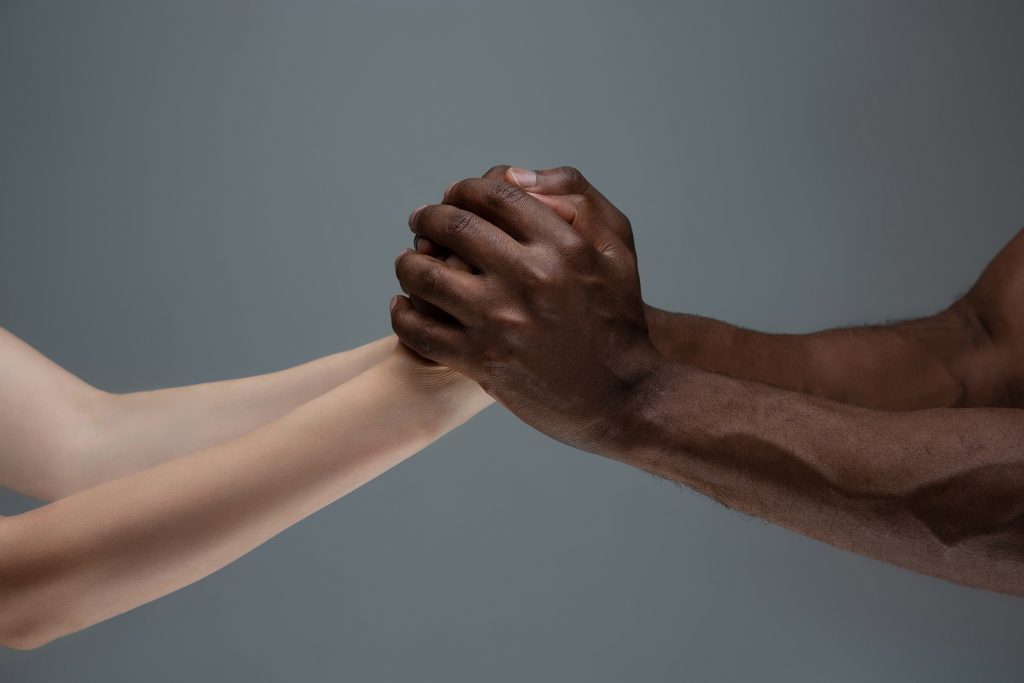Intercultural mediation is an essential process in an increasingly globalized and diverse world. As the cultures intertwine and people from different backgrounds interact more frequently, the need arises to overcome barriers in communication and understanding, where intercultural mediation plays a crucial role in this context by facilitating dialogue and promoting harmony between individuals and communities of diverse cultures.
Globalization, migration and communication technologies have brought us closer to people of different cultures and traditions like never before. Although this cultural diversity enriches us by offering a variety of new perspectives and experiences, it can also lead to misunderstandings, prejudices and conflicts. And this is where intercultural mediation comes into play.

Intercultural mediation is that instrument that seeks to facilitate communication and understanding between people or groups of different cultures, in the face of a series of barriers that we naturally encounter. These are:
Barriers in intercultural mediation
The language: Linguistic differences can lead to serious misunderstandings. Even when people share a language, cultural interpretations of words and expressions can vary significantly, think for example between Hispanic American countries.
It is also important to know social norms and customs since these can differ widely between cultures. What is considered respectful in one culture may be perceived as rude in another.
Another aspect is religious beliefs, moral values and perspectives on topics such as family, gender, and authority can be a source of conflict if not properly understood and respected.

And finally something that we give a lot of importance to in the Intercultural Mediation workshops of the International School of Mediation: Non-verbal communication. Gestures, body posture, and eye contact can communicate diverse meanings in different cultures. Misinterpreting these signs can lead to misunderstandings, but doing it right can open a window of opportunity.
As you can see, intercultural mediation plays a crucial role in the construction of bridges of communication and understanding in an increasingly diverse world. Overcoming barriers in communication and understanding is essential for harmony and collaboration between individuals and communities of different cultures. By recognizing the importance of intercultural mediation and encouraging its practice, we can promote peaceful coexistence and mutual enrichment in a diverse society.
Find out all the details about mediation in our Master in Mediation and Multidisciplinary Conflict Management. Book and don't run out of space.




